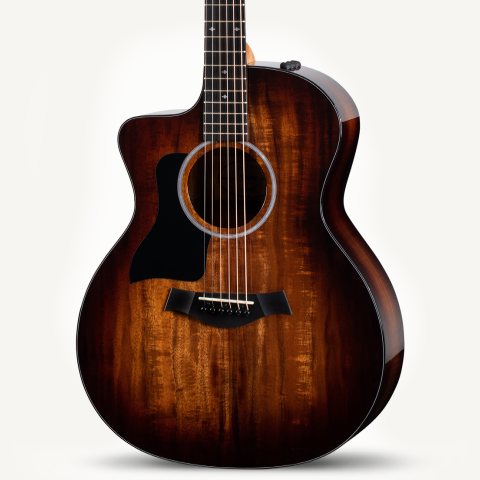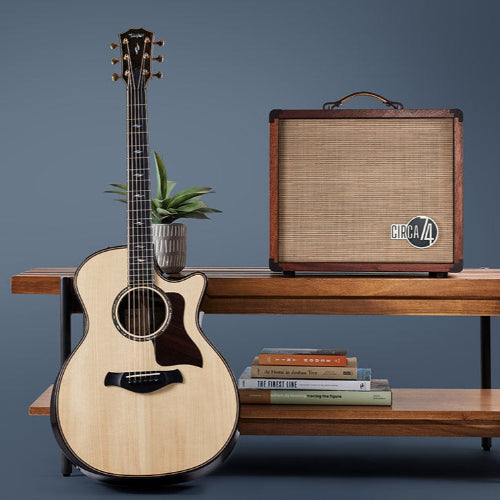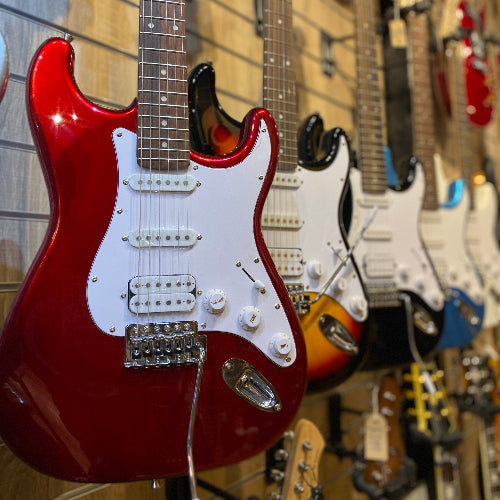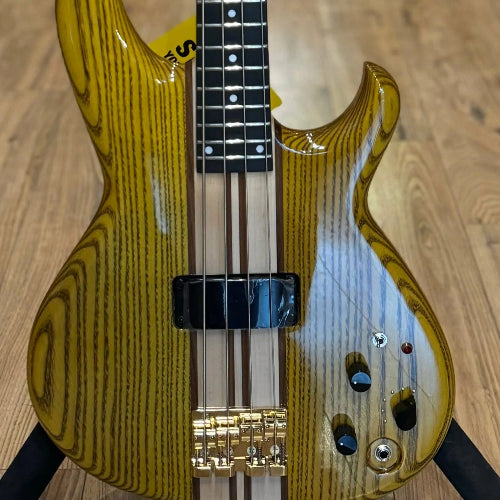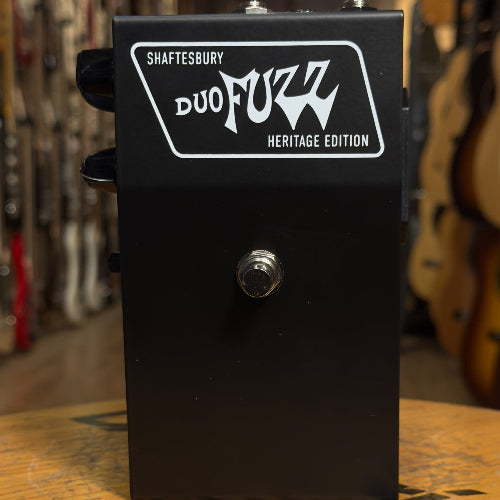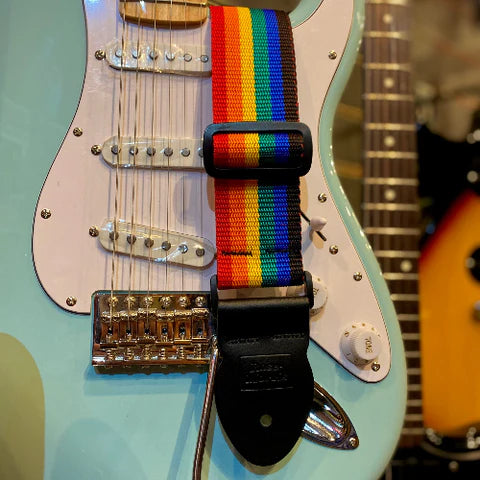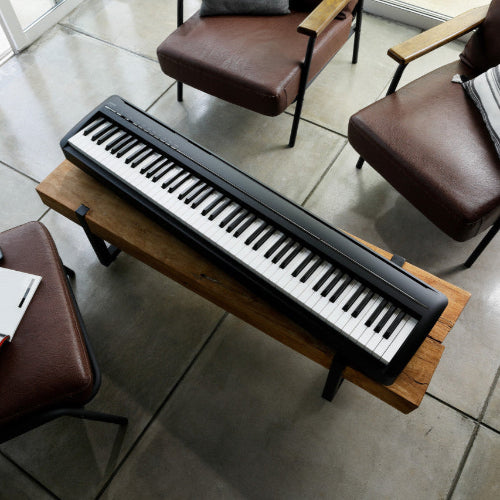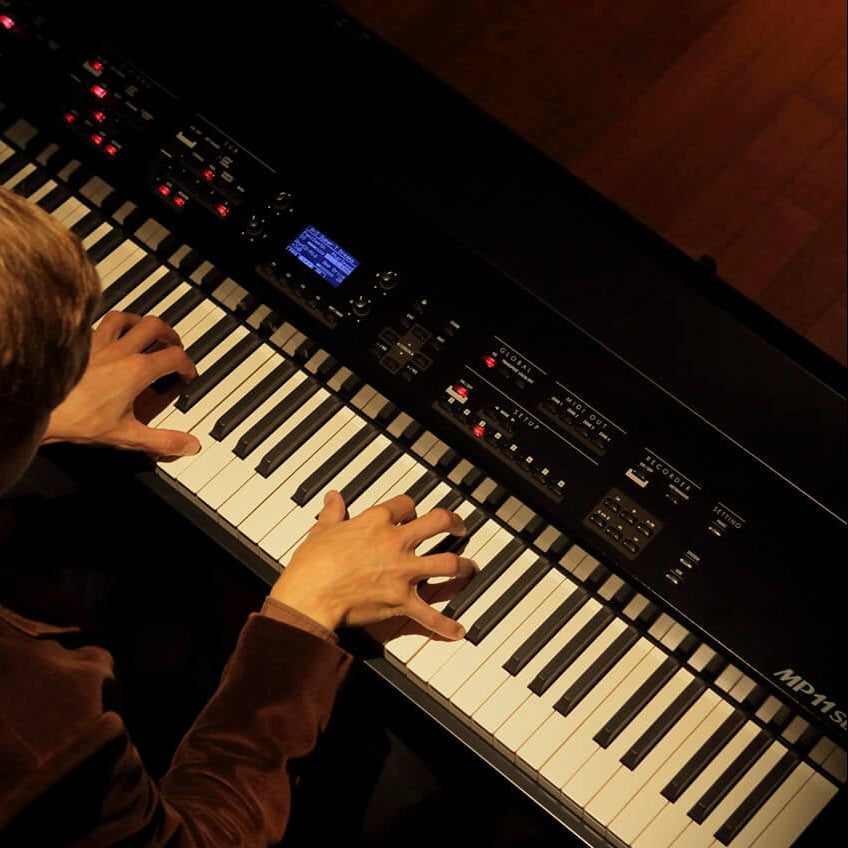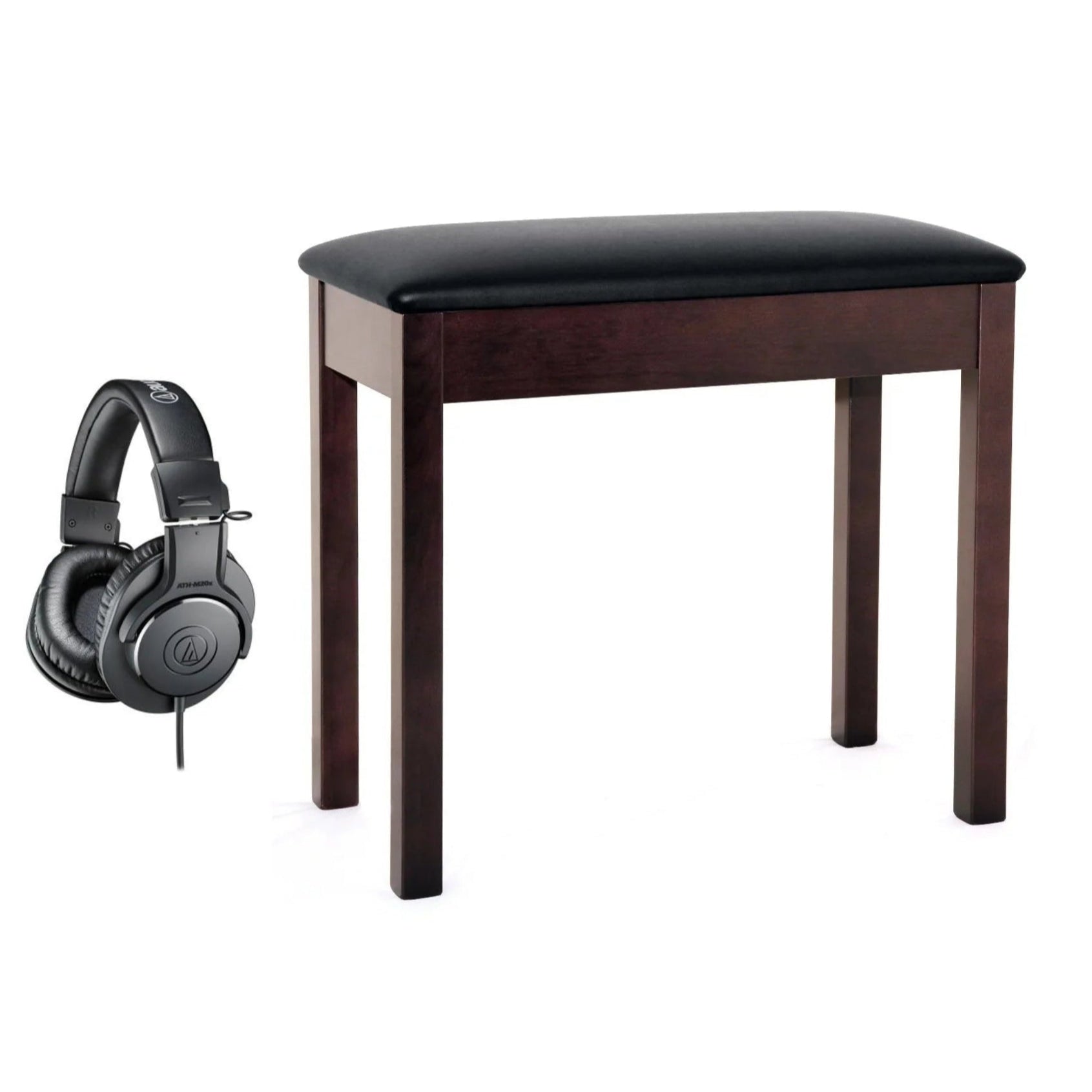Throughout the years of the accordion boom, which lasted until the second war, the Frontalini factory produced accordions of high quality and excellent value, which were promoted and sold by RM in such volumes that the name 'Frontalini' became a household word. The association with Frontalini continued until the death of Alfredo, though the peak of popularity of the piano-accordion was not repeated after the second war.
It was natural that the success of the gramophone industry should direct the gaze of the company towards gramophone records. 'Wireless' then in its infancy, and television an inventor's dream - home entertainment was mostly home-made. Yet even then, when a wireless set was a complicated mass of equipment and reception often by earphones, the voice of the first disc-jockeys became of paramount importance to the trade: when Christopher Stone played a record its success was assured and the demand was sudden and sometimes catastrophic!
Rose Morris became record factors, wholesaling such makes as Imperial, Piccadilly, Broadcast and Sterno at prices ranging from 8 shillings a dozen: a guaranteed same-day service was established, and as City Road was then the centre of the record industry, a flourishing trade counter was set up, for the supply not only of records but also of the musical instrument range of the company. The 'counter' soon became a focal point for dealers in London and the Home Counties: Saturday working was normal in those days, working on Sundays, Christmas Day and Boxing Day became a regular feature of 'the season'.
The company's ventures were not always attended with such success: there was an abortive attempt to embark on the manufacture of portable radios (at that time of suitcase size) under the name 'Langham', and to market a revolutionary electric turntable for gramophones – far ahead of its time and, as events proved, totally unreliable. Possibly the burnt fingers resulting from these exercises was the reason why RM developed an antipathy towards electrical appliances, and did not pursue some of the early developments in the electro-musical field. Nevertheless, there were steady sales of dry batteries for radios and bulbs for electric torches.
The picture then, in 1923, was of a flourishing wholesale business in musical instruments, with a small outdoor manufacture of drums carried out for the company by one James Amos Cowlin and his father: large sales of gramophones and records, a warehouse staff of ten, with half-a-dozen in the office. Suddenly, Mr Juviler decided to depart, intending to set up on his own in the radio industry. The Rose brothers and Victor Morris were well able to carry on alone, and when the financial reorganisation was completed the business continued on a steady course under the remaining three directors.
Photo: The Gramophone Assembling Shop at City Road


